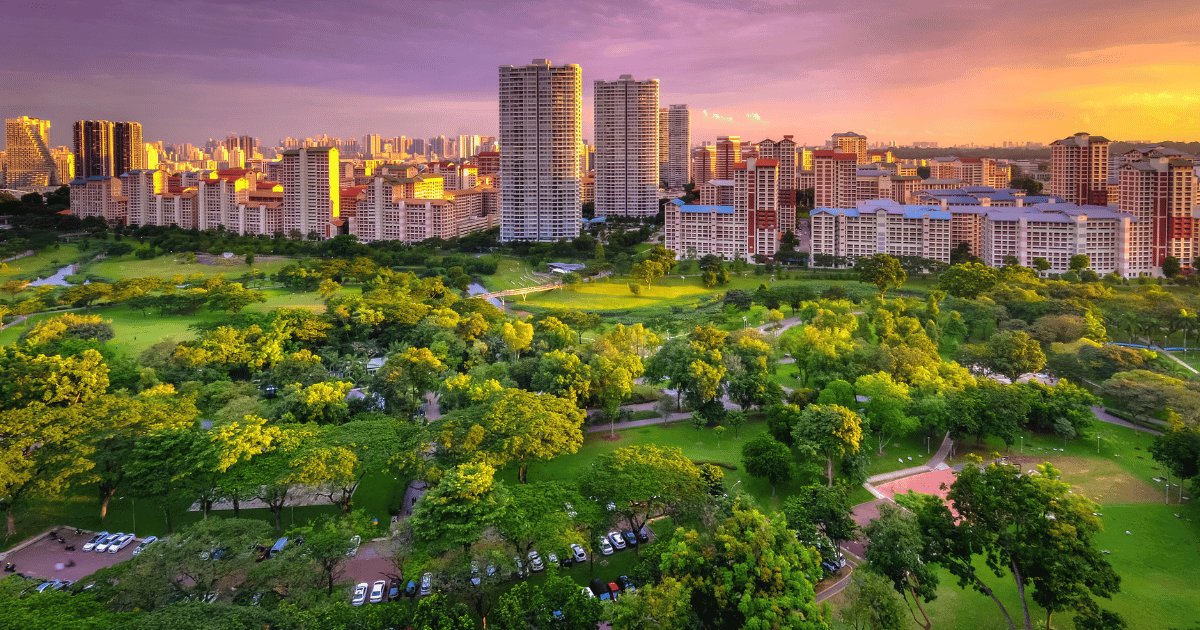
In Singapore, secondary schools are classified into four types:
– Government schools: These are public schools that follow the national curriculum and are funded by the government.
– Government-aided schools: These are schools that follow the national curriculum and receive some government funding but also have their own sources of funding. These include Autonomous schools, SAP schools and IP schools.
– Independent schools: These are private schools that have more autonomy over their curriculum and are funded by tuition fees and other sources.
– International schools: These cater primarily to expatriate students and follow a curriculum that is different from the national curriculum, such as the International Baccalaureate (IB) program.
Each type of secondary school offers a different educational experience, has its own unique qualities and may have different admission requirements and fees.
Autonomous schools in Singapore are a type of government-aided schools that have been granted greater independence and autonomy in their operations and management. Autonomous schools have the flexibility to innovate and differentiate their curriculum and pedagogy from the national curriculum, as long as they meet certain standards set by the Ministry of Education.
Autonomous schools are still publicly funded and follow the national examinations, but they have more discretion over the development of their own curricula, the selection of textbooks, and the hiring of staff. Some well-known autonomous schools in Singapore include Hwa Chong Institution, Raffles Institution, and Nanyang Girls’ High School.
SAP schools in Singapore are Special Assistance Plan (SAP) schools, which are a type of government-aided school that offer an enhanced curriculum and provide a bilingual education in English and Mandarin. The objective of the SAP program is to preserve and promote the learning of the Chinese language and culture among students.
SAP schools have a strong emphasis on bilingual education, and students are required to study both English and Mandarin. The curriculum also places a strong emphasis on traditional Chinese cultural values and history. SAP schools have a reputation for academic excellence, and admission is highly competitive, with students typically selected through a selective exam and interview process. Some well-known SAP schools in Singapore include Tao Nan School, CHIJ St. Nicholas Girls’ School, and Catholic High School.
Integrated Programmes (IP) schools in Singapore are a type of government-aided schools that offer a 6-year curriculum that integrates the secondary school and junior college education into a single continuous programme. IP schools aim to provide students with a broad-based education and prepare them for higher education and future careers.
In IP schools, students complete the secondary school education and proceed directly to the junior college level, bypassing the GCE ‘O’ Level examinations. Upon completion of the IP, students receive a GCE ‘A’ Level certificate, which is the primary qualification for entry into local universities in Singapore.
IP schools have a strong emphasis on academic rigor and offer a more challenging curriculum compared to other secondary schools. Admission to IP schools is highly competitive and based on a combination of academic merit, co-curricular activities, and leadership potential. Some well-known IP schools in Singapore include Raffles Institution, Hwa Chong Institution, and Nanyang Girls’ High School.
To read more about the different types of secondary schools in Singapore, click here.
To check out our O-level master class schedules to see which classes and locations work best for you: https://www.olevelmaster.com.sg/schedule

